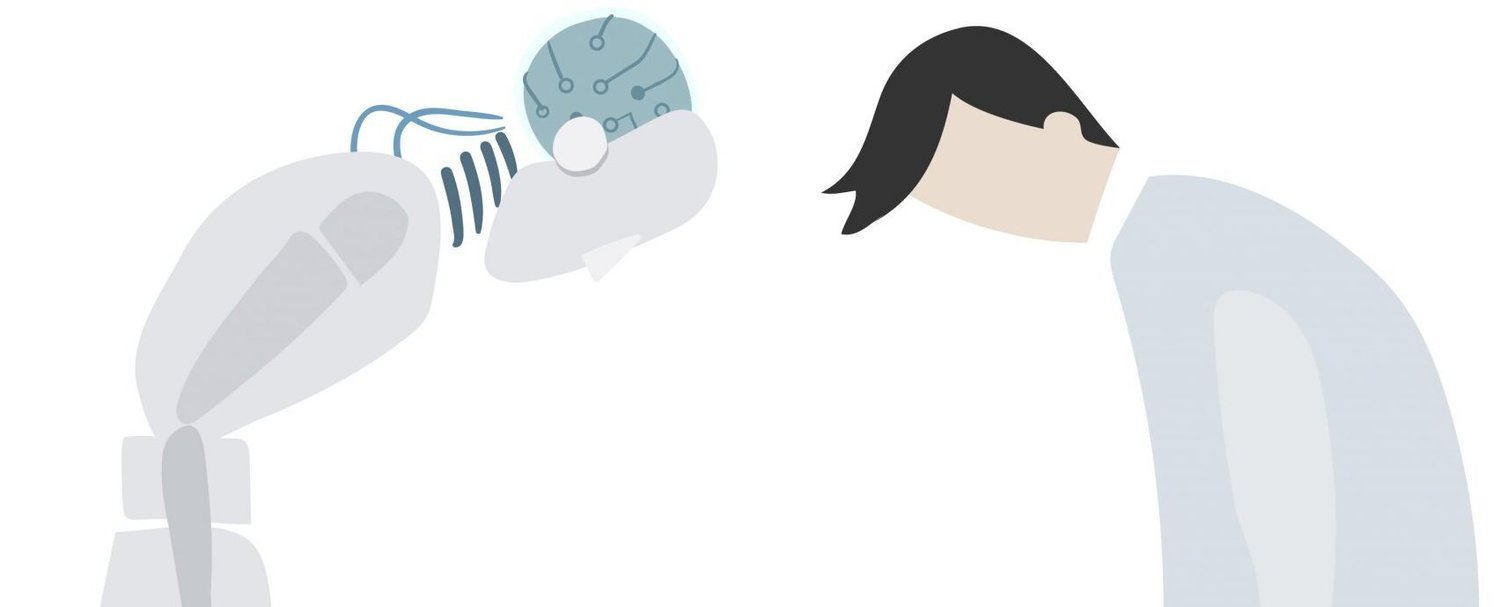
Image source: Freepik
Vancouver, BC, Canada – 21 February, 2024
On February 21, 2024, the AAAI Bridge Program convened at the Vancouver Convention Centre to explore the intersection of AI and human modelling in an initiative aimed at fostering collaboration between artificial intelligence (AI) systems and human users. This workshop, aptly named the AAAI Bridge Programme: Collaborative AI and Modelling of Humans (CAIHu), drew together leading experts and researchers from diverse disciplines to address one of the most pressing questions in AI today: How can humans and AI systems effectively collaborate to tackle complex real-world problems?
The programme, organised in coordination with the ELLIS Robust Machine Learning and Human-centric Machine Learning Research Programmes, received substantial support from various entities, including the EU H2020-funded ELISE project and the CIFAR Pan-Canadian AI Strategy. ELIAS, in collaboration with its partners Finnish Center for Artificial Intelligence FCAI, Aalto University, ELLIS Alicante, University of Manchester, as well as ELLIS Unit Helsinki, Delft University of Technology, University of Alberta, Alberta Machine Intelligence Institute and UK Research and Innovation, played an important role in supporting and organising this significant workshop.
“We need collaborative AI tools to solve tough problems, and these tools work better when they incorporate data and knowledge about humans,” emphasised professor Samuel Kaski, Director of FCAI and Professor at Aalto University.
The workshop featured keynote addresses from prominent figures such as Microsoft’s Chief Scientific Officer, Eric Horvitz, who underscored the critical need for interdisciplinary collaboration in advancing AI research.
Reflecting on the success of the programme, co-organiser Sammie Katt, a postdoctoral fellow at FCAI, emphasised the value of bringing together diverse communities to exchange ideas and perspective and the significance of bridging the gap between disparate research domains.
The programme also included informative sessions, including a tutorial on user modelling for cooperative AI, led by Samuel Kaski and doctoral researcher Sebastiaan de Peuter. The tutorial delved into the intricacies of collaborative AI and the imperative of improving user modelling to enhance human-AI interactions.
One notable aspect of the tutorial was the exploration of preference learning, which seeks to infer underlying objective functions from user preferences. Kaski and de Peuter showcased the potential of leveraging insights from cognitive science to refine user modelling techniques, ultimately leading to more accurate inferences and better recommendations.
With nearly 400 registrations and enthusiastic participation from the AI research community, the CAIHu Bridge Program marked a significant step forward in fostering collaborative research initiatives aimed at harnessing the full potential of AI-human collaboration.
As the programme concluded on a high note, discussions turned towards the possibility of future recurring events, indicating the continued momentum towards advancing collaborative AI research and modelling of human behaviour.
Read here the orginal article: Bridge program at AAAI focused on collaborative AI and modelling of humans
More information on the programme and panels can be found here: Collaborative AI and Modeling of Humans (CAIHu 2024)